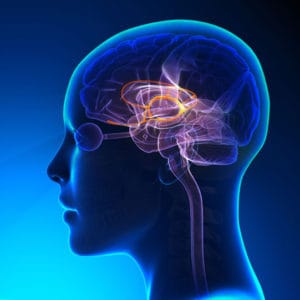
APD can happen after chronic ear infections, meningitis, or lead poisoning.

Impact of personal frequency modulation systems on behavioral and cortical auditory evoked potential measures of auditory processing and classroom listening in school-aged children with auditory processing disorder. Causes Doctors don't know exactly what causes APD, but it may be linked to: Illness. Evaluating test data for the duration pattern test and pitch pattern test. Auditory symptoms and psychological characteristics in adults with auditory processing disorders. Undersea Hyperb Med: J Undersea Hyperb Med Soc. Central auditory processing disorders after mild traumatic brain injury. Santhanam P, Meehan A, Orrison WW, et al. Neural biomarkers for dyslexia, ADHD, and ADD in the auditory cortex of children.
Hearing aids if hearing loss is presentĪmerican Speech-Language-Hearing Association. Central Auditory Processing Disorder (CAPD) is a term that has been used to reference the ADD (Attention Deficit Disorder) difficulties of not listening. Counseling or art/music therapy if depression, anxiety, or self-esteem issues are present. Having family, friends, and teachers make an effort to speak more slowly and loudly, use simple sentences, and repeat important information to make sure it's understood. Coping strategies such as making lists, avoiding learning or working environments with excessive background noise, lip reading, etc. FM listening devices that help the wearer understand speech in an environment where background noise is present. Environmental modifications, such as adding visual information or written instructions as a complement to verbal classroom instruction, placing a child's desk closer to the front of the classroom, etc. Auditory processing disorder is a term used to describe listening difficulties resulting from dysfunction in the central auditory nervous system (CANS). Brain training computer programs designed to help people with APD learn more effective ways to process language. Brain training techniques that rely on the brain's own ability to improve processing skills. Existing best practices do not explicitly consider confounds faced by military personnel. Research is needed to characterize mechanisms, sources of variance, and differential diagnosis in this population. 
Speech-language therapy with a focus on auditory training Central auditory processing deficits are associated with exposure to known military risk factors.






 0 kommentar(er)
0 kommentar(er)
